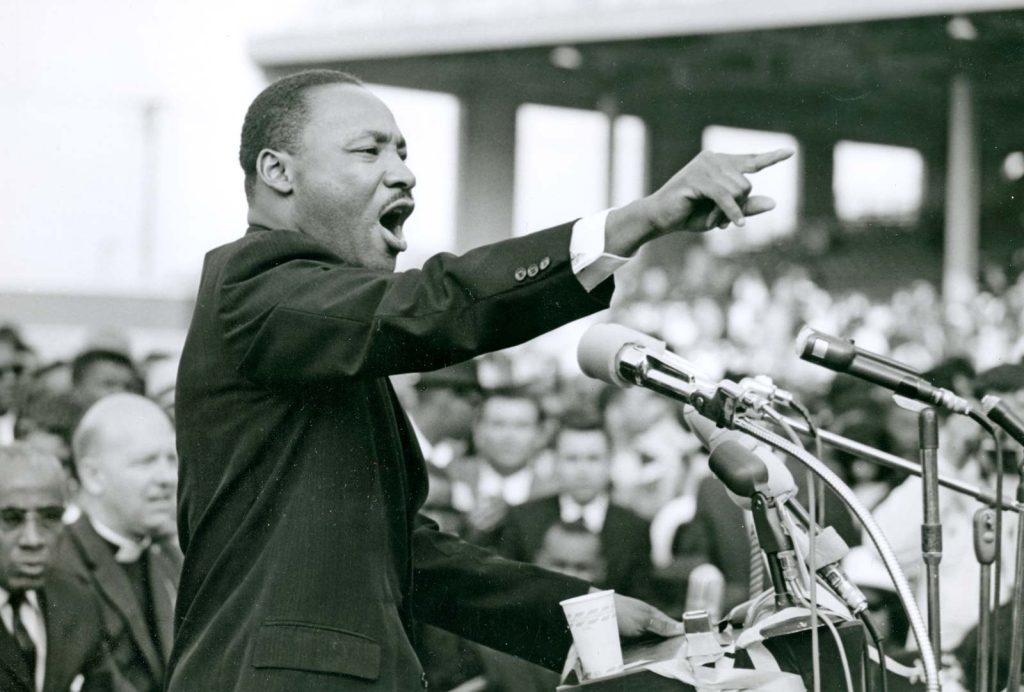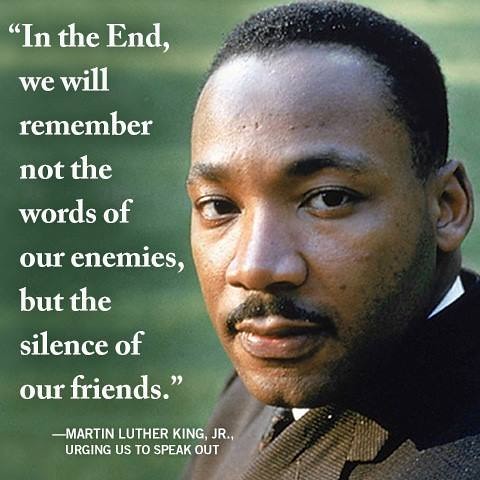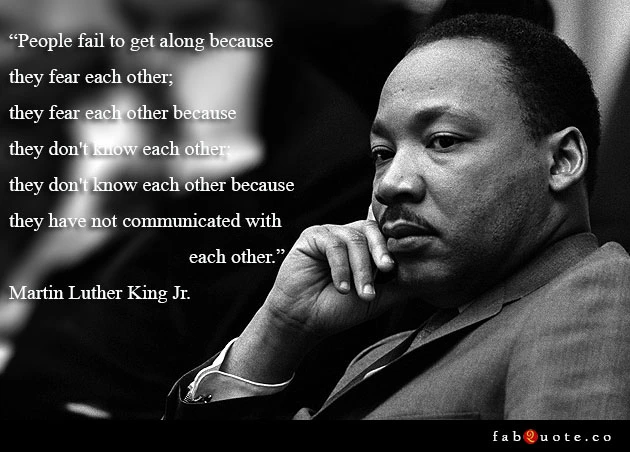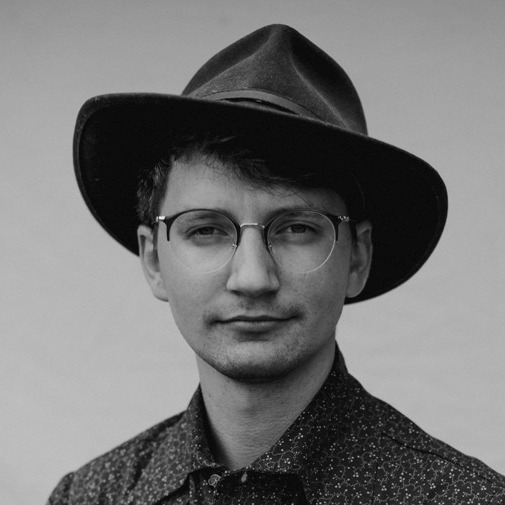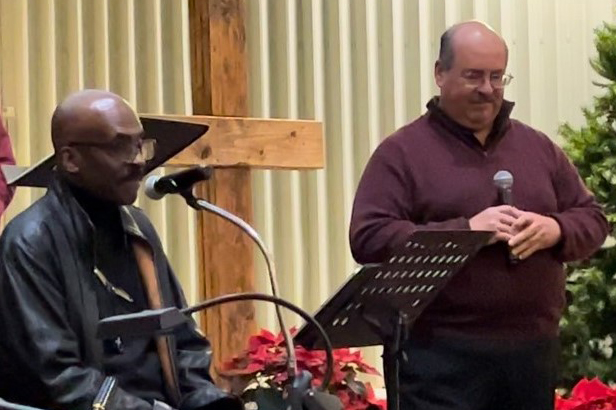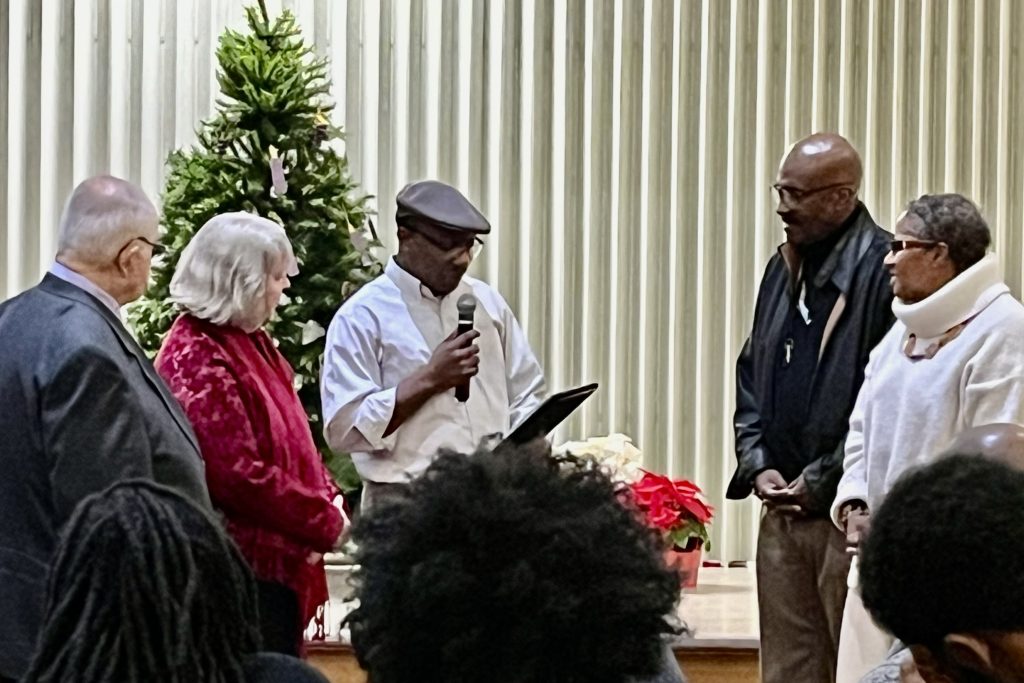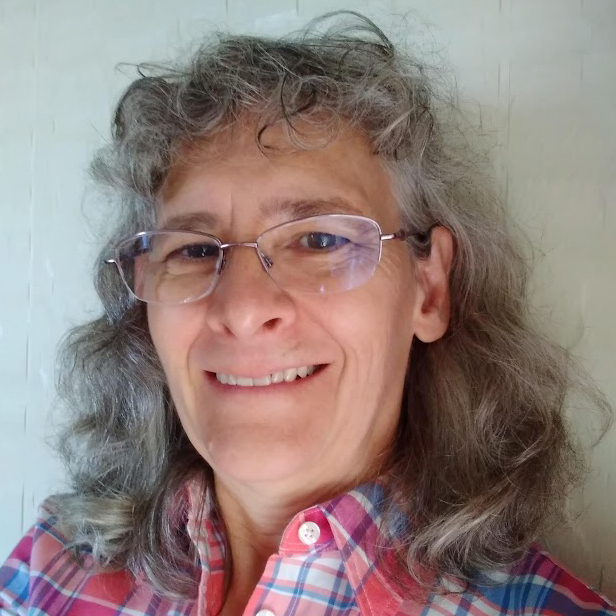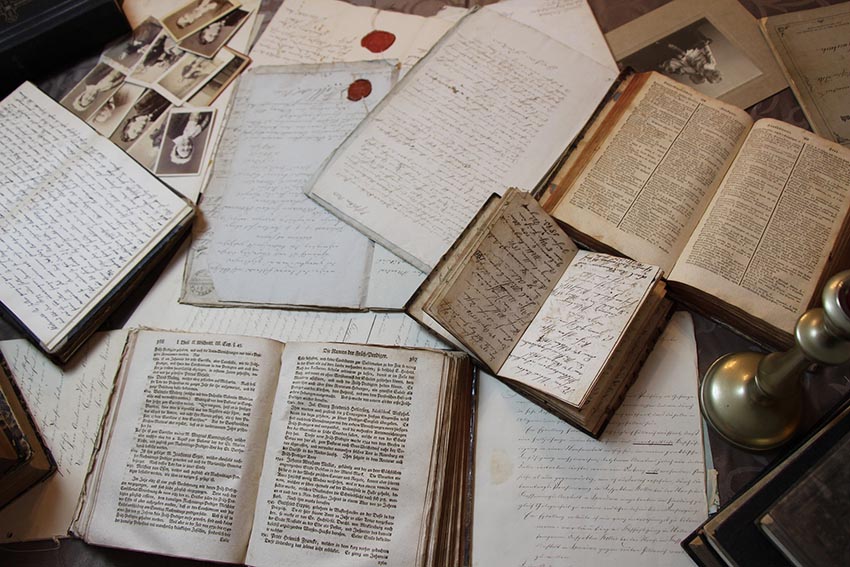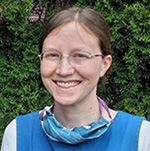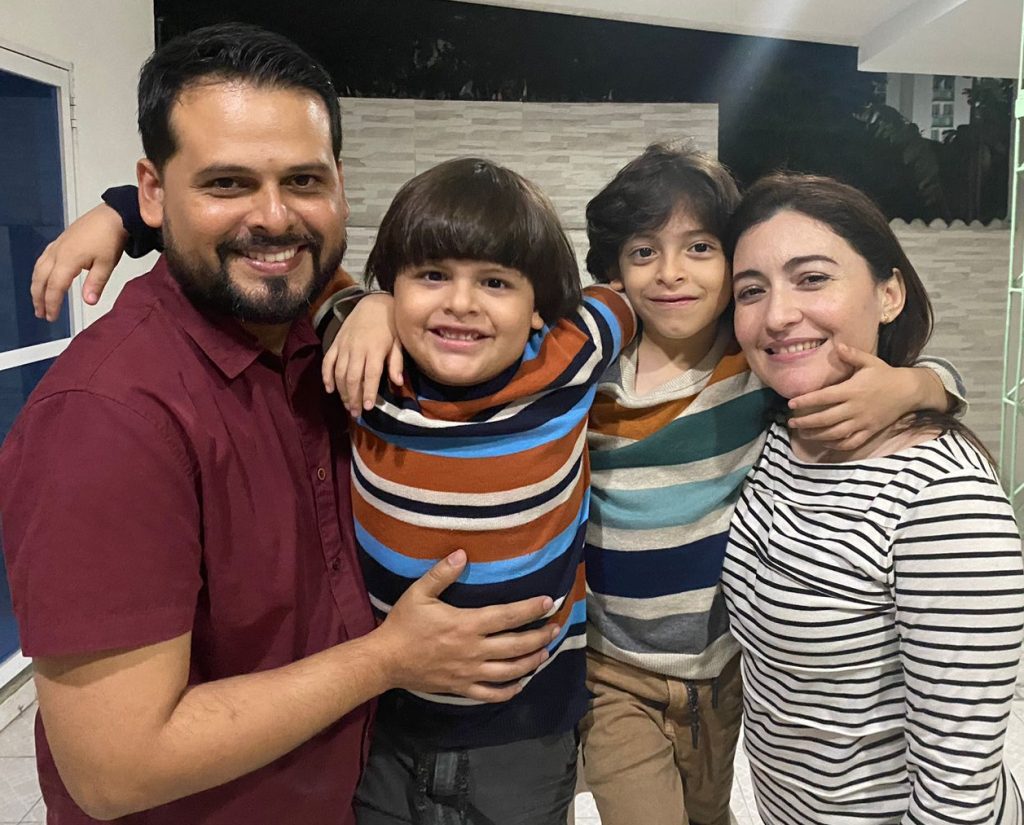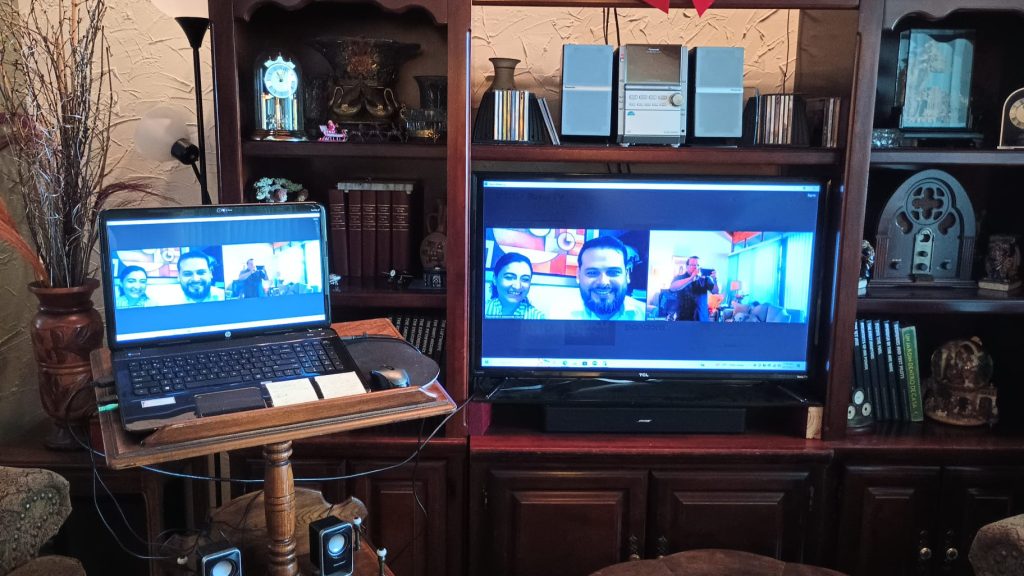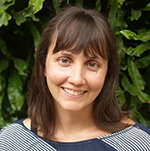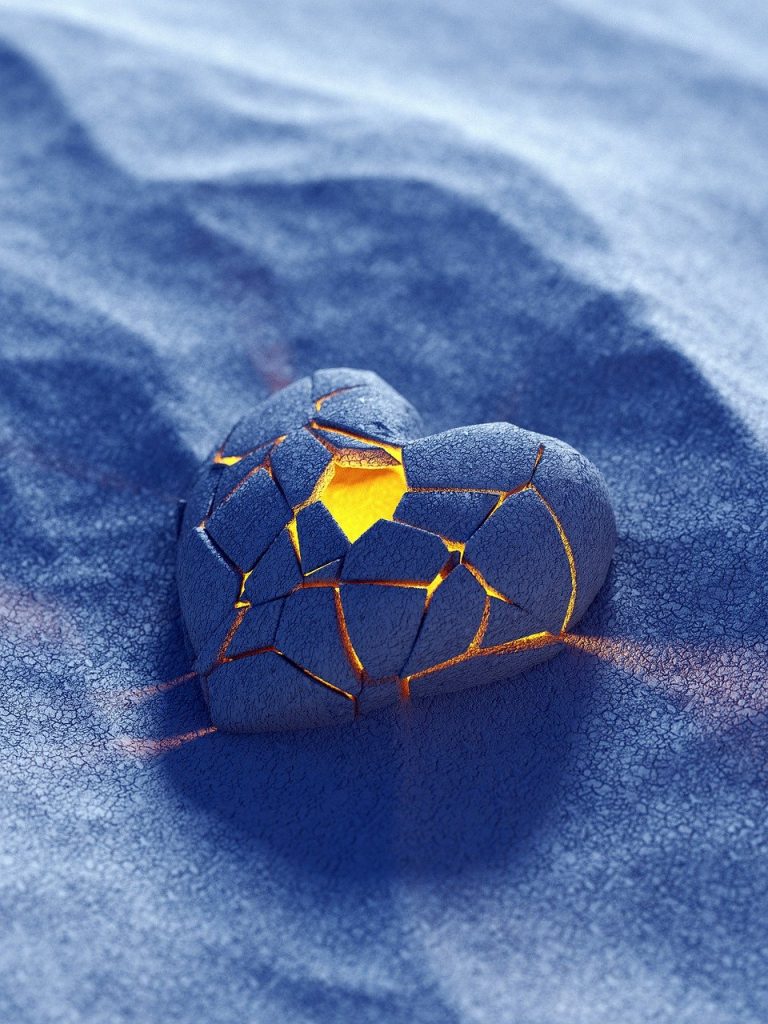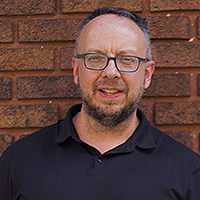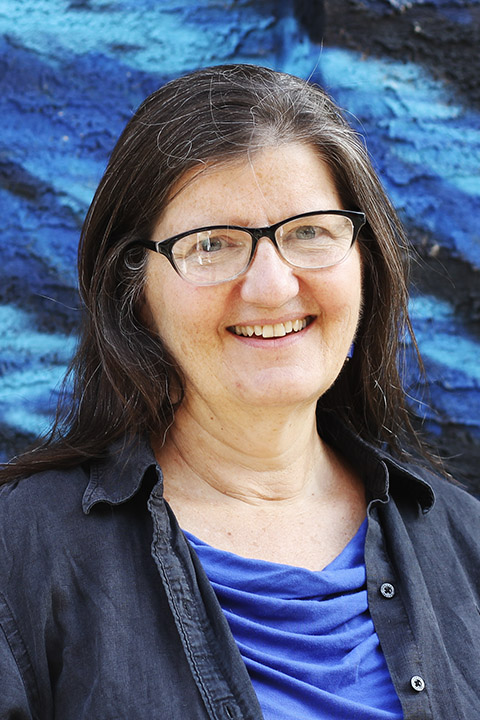by Angela Moyer Walter
It is with great hope and anticipation that I greet you, Mosaic Conference, as your Conference Moderator, in this new year of 2024. What might God do among us this year? What surprises will come our way? What joy might we experience together?
Mosaic Conference is called to embody the reconciling love of Jesus to our communities, and we do this in a myriad of ways. 2024 is pregnant with opportunities and hopes. I hope that we bear witness to the powerful Spirit of Christ, beyond our own desires. I also hope we gather to celebrate and rejoice, as well as support one another in times of grief, loss, and hardship. My prayer for us is that we tune our hearts and minds to hear God’s voice amidst all the joys and hardships, even when that voice is a quiet whisper, and the path isn’t clear. May we trust in God’s faithfulness to us amidst the twists and turns we may experience.
Many of us wonder how our congregation or Conference-Related Ministry fits into the larger mosaic of our Conference. We may ask, “Is my piece valued by the whole? Are some pieces bigger than others?”
My hope is that we are reminded of Jesus’ words to his disciples when they were quarreling about who was more important.
Jesus said, “You know that…officials flaunt their authority over those under them. But among you it will be different. Whoever wants to be a leader among you must be your servant.” (Matthew 20:25-26, NLT). May we all see ourselves as vital parts in the body of Christ; whether we are the digestive, circulatory, or excretory system, all are important. We need not fight over who is most important or best, but rather work together to build one another up to function as one body, the body of Christ as God has created us to be.
God has gifted us all and through baptism, we have been grafted into this body of Christ that we call Mosaic Conference. This beautiful mosaic is not the same without each particular piece. My hope in 2024 is that we each find our place in the mosaic, while also valuing the other pieces that are different from us.
At our Mosaic Annual Assemblies, we have celebrated God’s Chesed and Emet, powerful kindness and faithful truth. Pastor Hyacinth Stevens encouraged us at this past Assembly to take bold risks because we have the promise of God’s faithful Chesed and Emet with us. Jesus told the disciples to not put new wine into old wineskins. So, in 2024, may we embrace the new wineskins that God has faithfully provided.
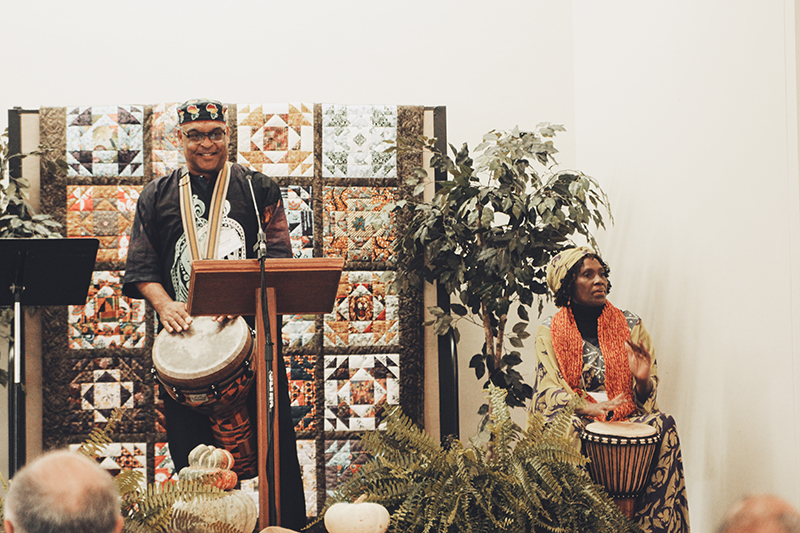
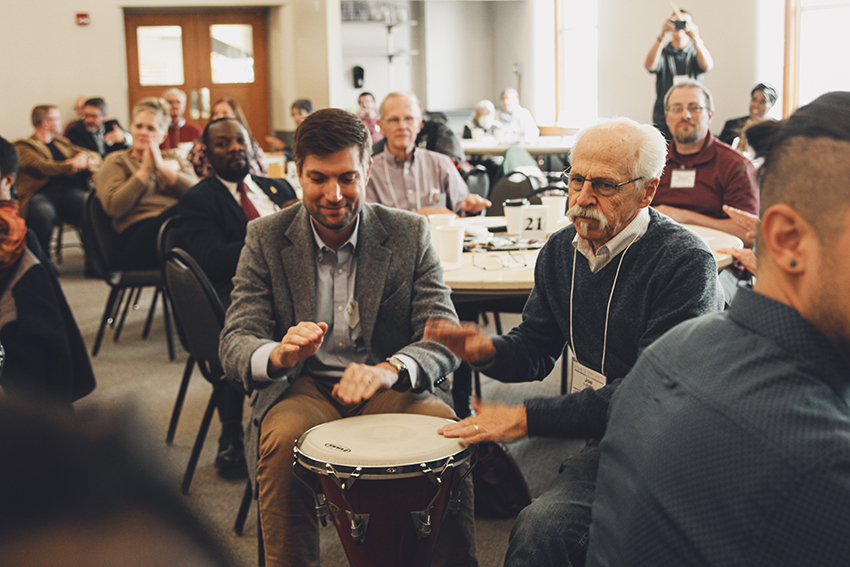
Stay tuned for the next stage of the strategic plan, which will be coming out in the next few weeks, for specific ways in which we can bear witness to Christ’s call to us. And may we listen to the ways God is speaking to us like in our drumming at Assembly to, ‘Listen to one another and play your part!”
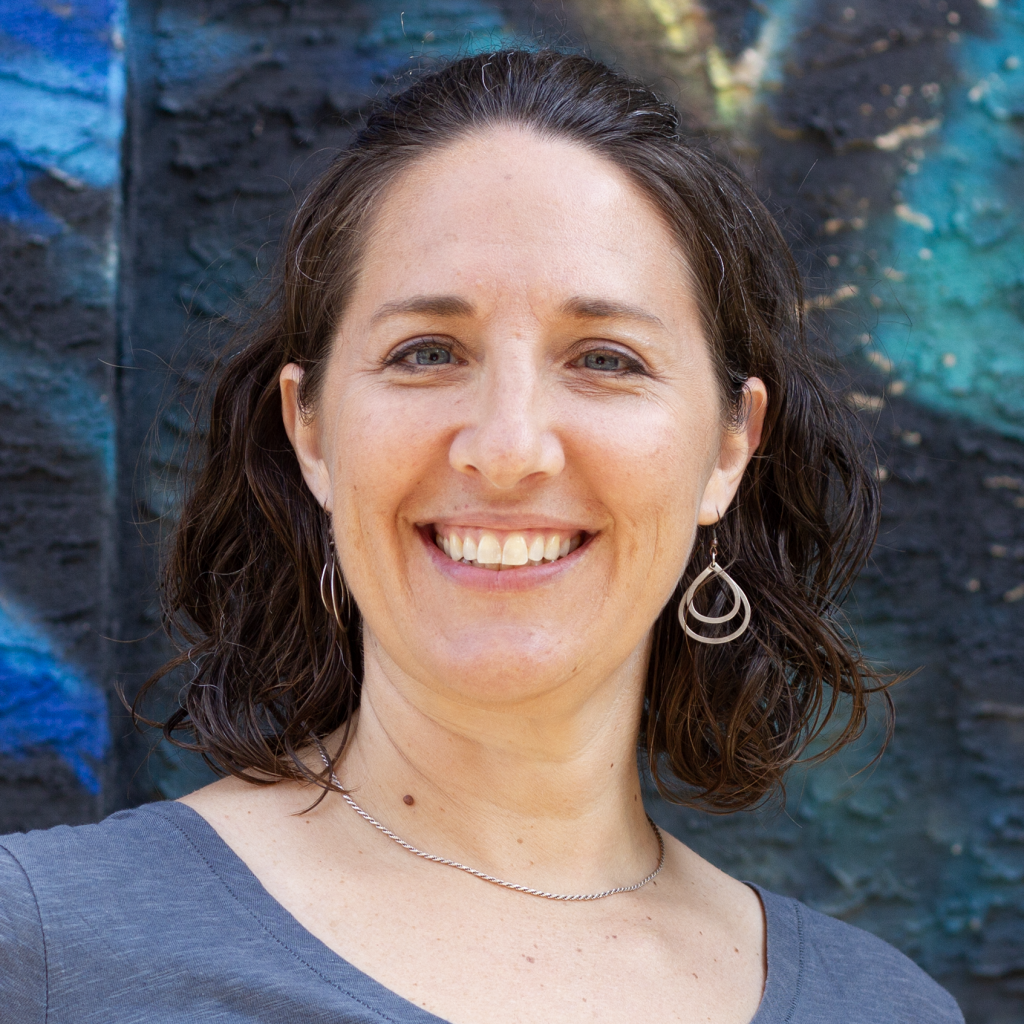
Angela Moyer Walter
Angela Moyer Walter is Moderator of Mosaic Conference, Co-pastor at Ripple Church in Allentown, PA, and an occupational therapist at Good Shepherd Rehabilitation. She enjoys long summer evenings with family and friends and watching the Philadelphia Phillies.

